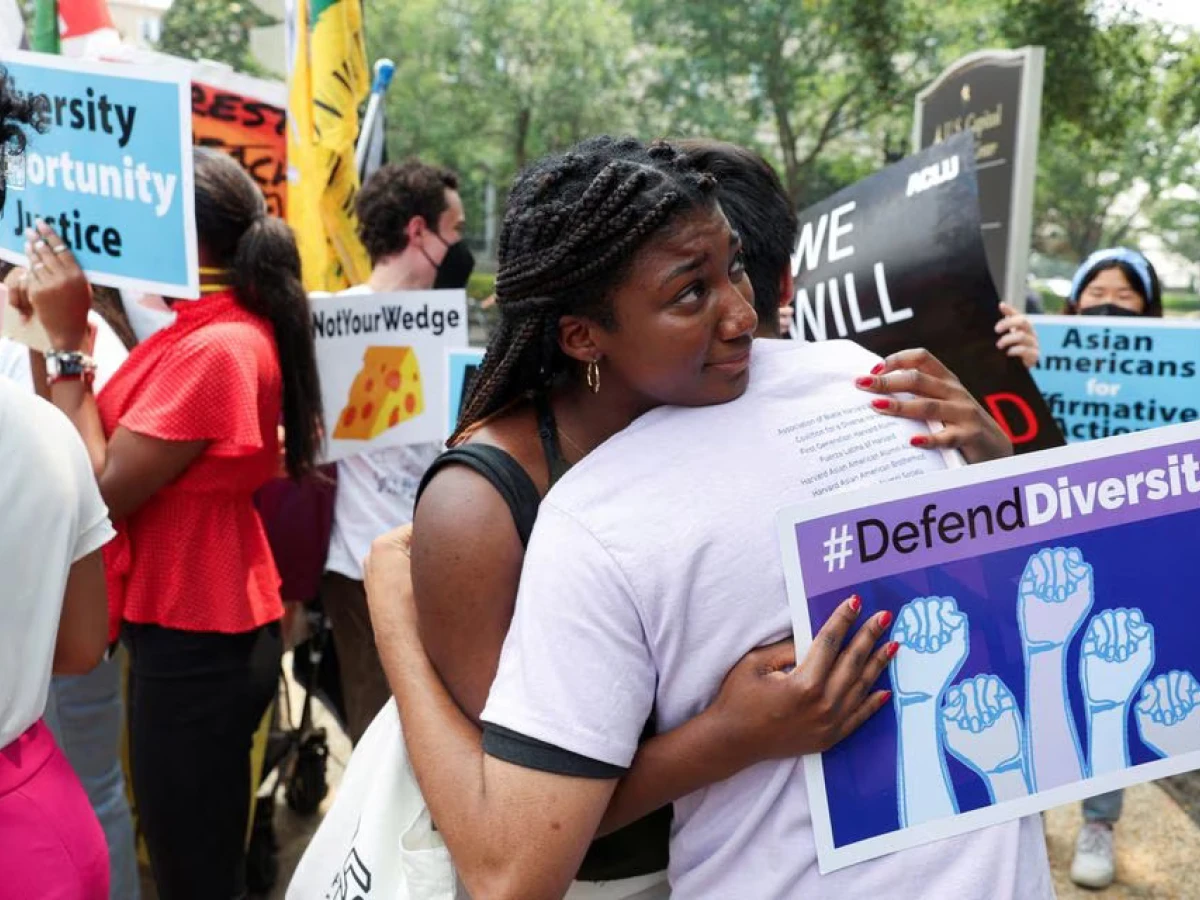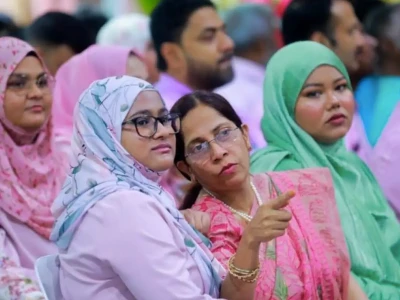
US colleges refashion student essay prompts after ban on affirmative action
Universities must find new ways to create diverse student bodies and avoid the precipitous declines in admissions of Black and Latino students.
Aug 1 (Reuters) - In addition to writing about their favorite songs and why they want to go to college, students applying to Emory University in Atlanta this fall will get new essay prompts aimed at teasing out details about their cultural backgrounds.
The revised questions are among the changes at Emory and other highly selective colleges after the U.S. Supreme Court in June ruled that race-conscious admissions policies were unlawful, upending a longstanding practice for increasing minority enrollment in higher education.
Universities must find new ways to create diverse student bodies and avoid the precipitous declines in admissions of Black and Latino students seen after prior bans on affirmative action in states including California and Michigan.
The court's decision is expected to elevate the role of students' personal essays, which Chief Justice John Roberts singled out as a place where they could still highlight how race had affected their lives, "be it through discrimination, inspiration or otherwise."
The greater scrutiny on those pieces of student writing will intensify an already stressful application process that has spawned a cottage industry of advisers and caused months of angst for high school students and their parents.
"They're going to be much more targeted questions," said Timothy Fields, senior associate dean of admissions at Emory.
One of Emory's new prompts, for example, asks, "Tell us about a community that you have been part of where your participation helped to change or shape the community for the better."
U.S. colleges are set to release their essay prompts on Tuesday when the common application used by many schools becomes public for the upcoming admissions cycle.
At Sarah Lawrence College in Yonkers, New York, a new question will ask students how the Supreme Court ruling might affect their lives personally.
"Our hope is that this prompt gives our applicants a space to address a timely and challenging topic in society, and one that could impact the student bodies of the colleges to which they are applying," said Kevin McKenna, vice president for enrollment.
He said students should not feel the need, however, to relive past traumas or injustices to gain admission to the college.
STUDENT FALLOUT
Counselors, teachers and admissions officers interviewed by Reuters said they are worried the court's decision sends a message to students of color that they are not wanted at elite colleges. The Supreme Court's liberal justices said in their dissent that the ruling would further entrench racial inequality in education.
Concern over the fallout for underrepresented minority students has prompted Amin Abdul-Malik Gonzalez, dean of admission at Wesleyan University in Connecticut, to rethink the outreach tours admissions officers go on every year to recruit students. His team is planning additional stops and meetings to reassure students of color that they are welcome.
But he also will have to make time this fall for new training for admissions officers who read the student essays so they can learn how to work within the confines of the court ruling to build a diverse class.
Angel Perez, president of the National Association for College Admission Counseling, said universities' outreach to public school guidance counselors is especially needed.
Many high school counselors are uncertain how students should handle questions of race and identity in their essays, Perez said. They also are wary that if they mention race in student recommendations, they will be inviting scrutiny or violating the court's order.
Others are convinced that many high-achieving students will have lost heart for the competitive application process.
"The general feeling with school counselors right now is mostly anxiety," Perez said.
Private admissions counselors have already started working with students of color on essays that discuss their cultural heritage.
College counselor Shereem Herndon-Brown, who with Fields is a co-author of the book "The Black Family's Guide to College Admissions," said he is encouraging a Black student from New York to tell the personal story of visiting relatives in the South, a topic that came up in conversation but was not the initial focus of the student's essay.
He cautioned that essays that simply declare a person's race or exaggerate disadvantage will not enhance a student's chances for admission. Students instead will need to offer insight into how they think and have developed as a result of their background.
"There's no way to trick an admissions officer or a school into believing you're something that you're not," he said. "So I'm going to urge students to authentically express who they are."




